7:00AM to 5:00PM
Dripping faucets, kitchen sinks or pipes– water leaks are no less than a nightmare for every homeowner.
Not only do they damage the foundations of your property, but they also burn a hole in your pocket. Leaks like dripping shower heads or faucets are easy to identify because they are visible to the naked eye. But plumbing leaks behind the walls aren’t discernible, so placing them is challenging.
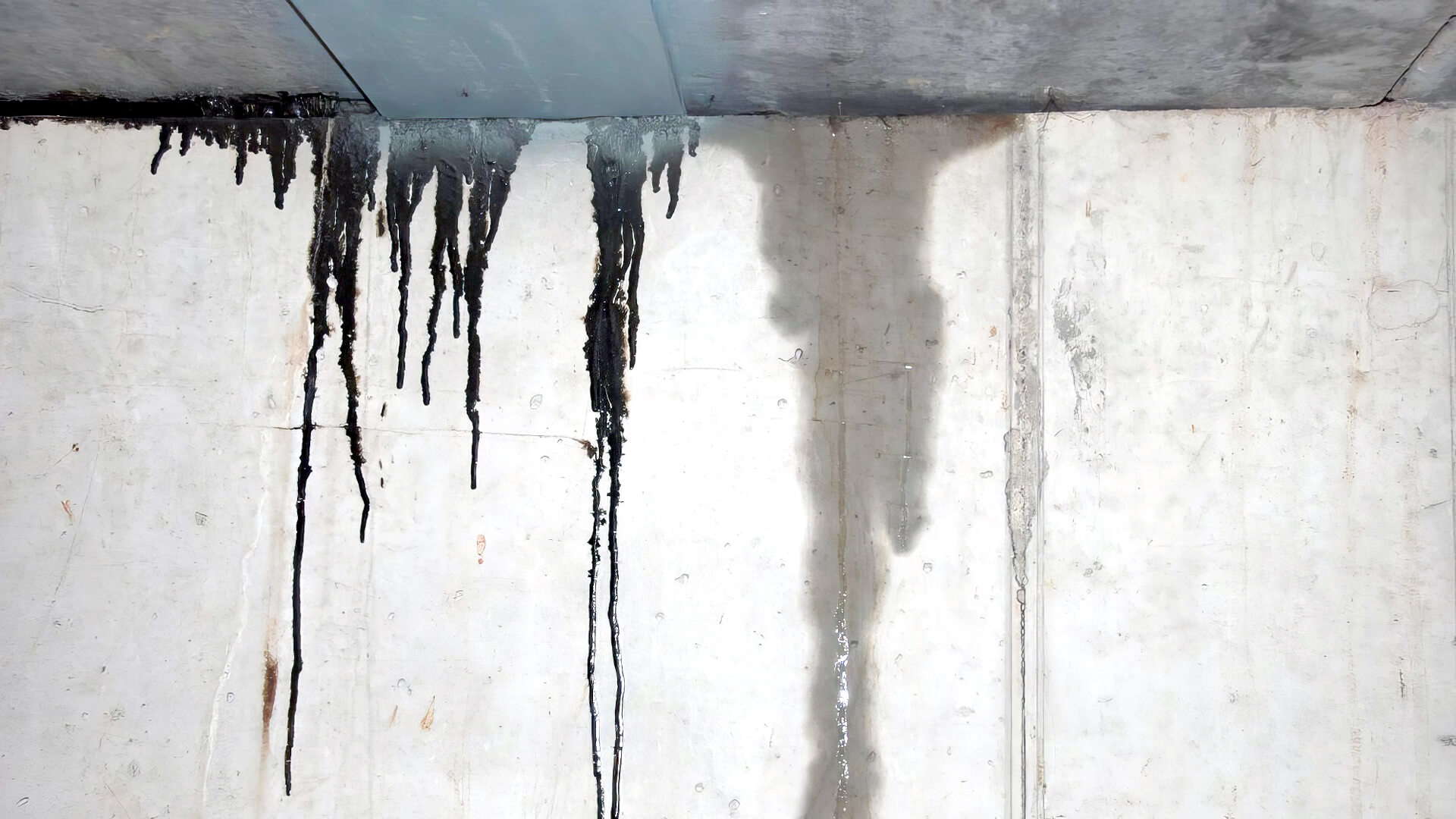
One of the tell-tale signs of a water leak is a high water bill – if there’s a sudden spike in your water bill, there’s a hidden leak in your home.
However, that isn’t the only sign of a water leak. In today’s guide, learn about the eight most common causes of household water leaks.
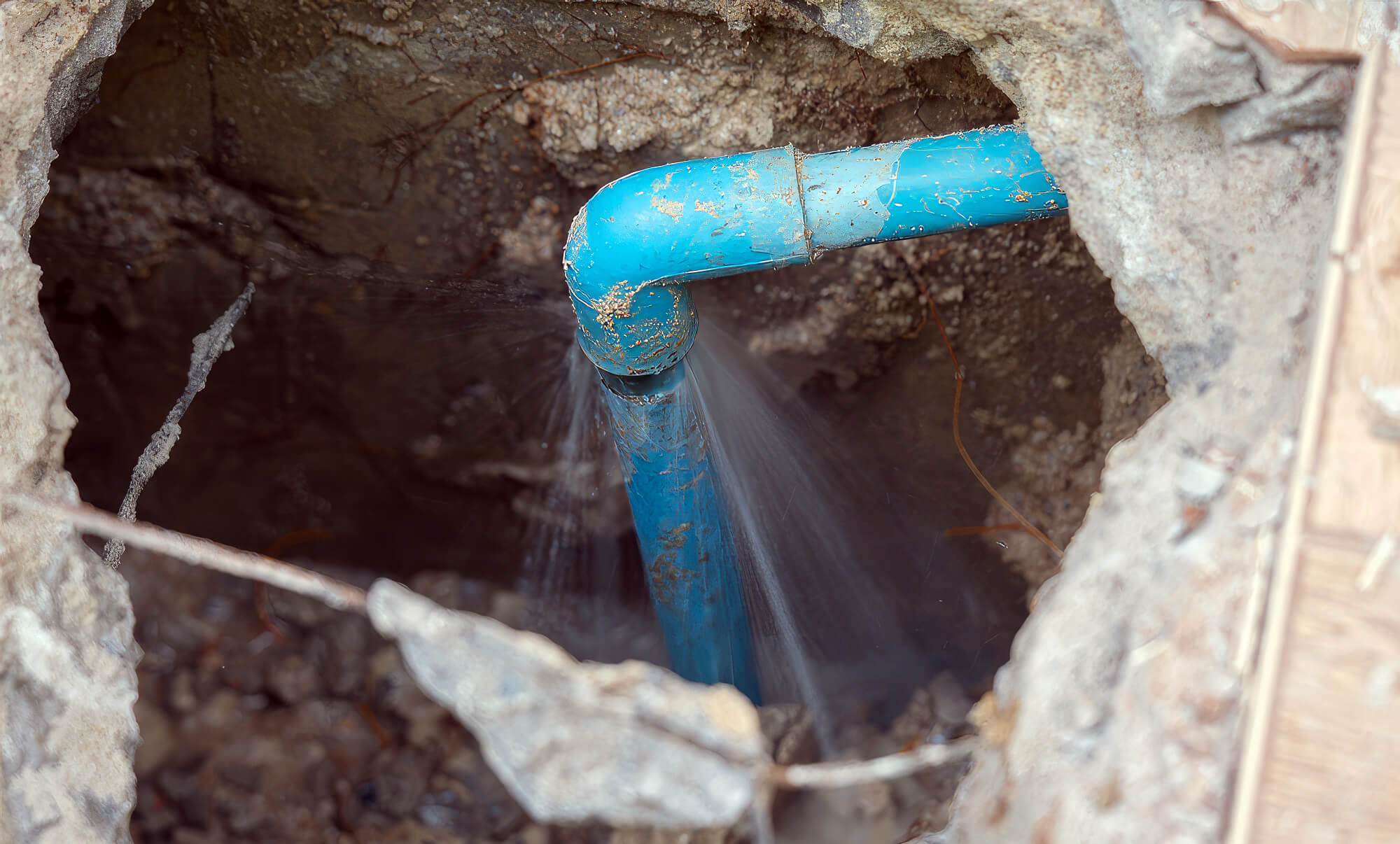
Every homeowner is troubled once in a while by toilet leaks. What’s even worse is that a leaking toilet is always out of sight, so identifying it is pretty much a challenge.
Often, water leaks out of a toilet bowl if the seal is damaged. Without a foul odour, leaking water from a toilet cistern goes undetected.
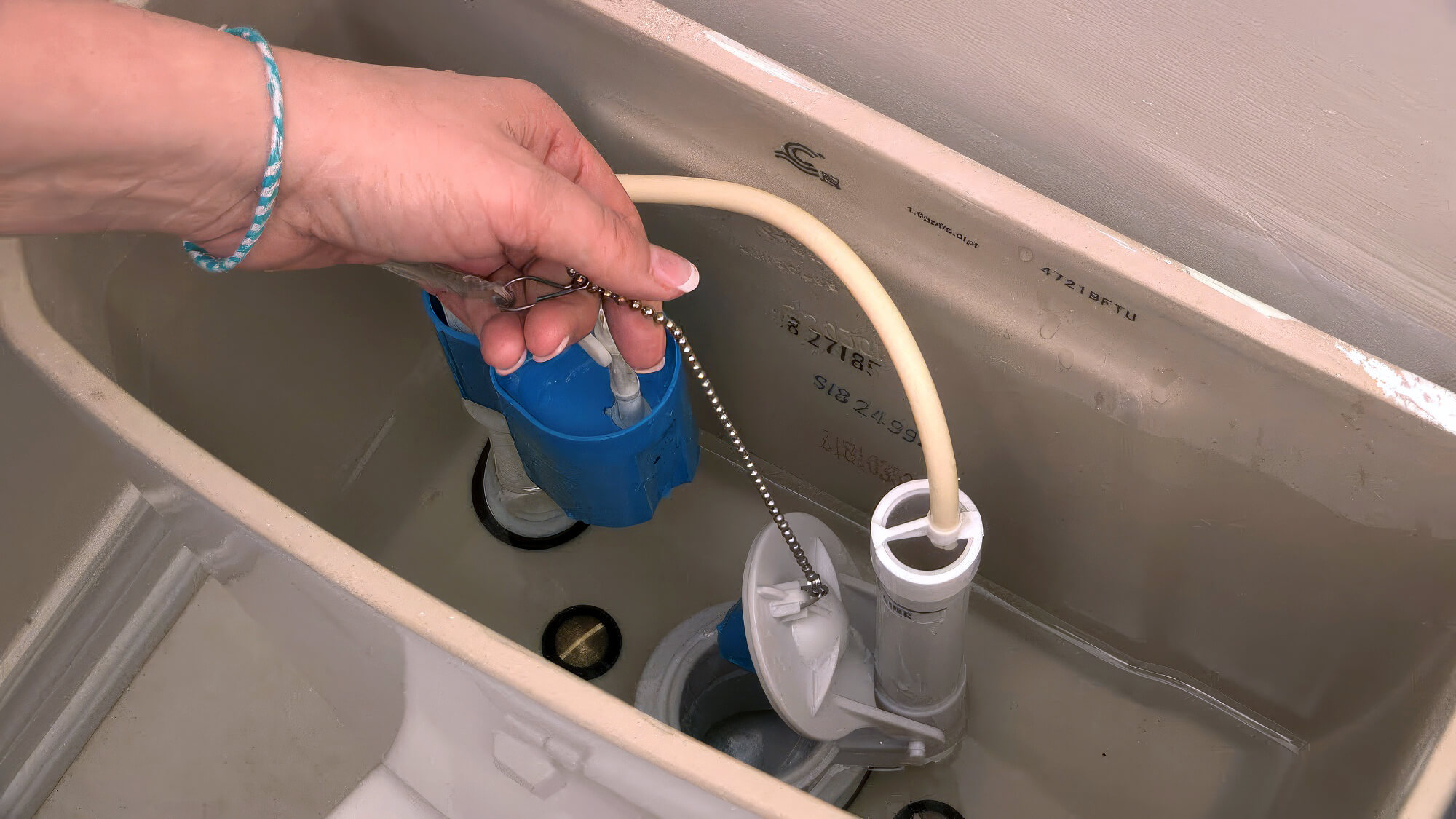
Hose bursts are another common water leak that homeowners are often troubled with.
If only the hose were leaking, replacing the fixture would work, but detecting a leak in an older plumbing system or appliances is easier said than done. Appliances like washing machines, dishwashers, and refrigerators with built-in water dispensers are more likely to experience hose bursts.
Tub leaks occur when holes or cracks develop in tubs, and water leaks from them only when used. In such cases, you must either use caulk to seal the gaps or replace your tub if it’s overly old.
Attached to the furnace, a whole house dehumidifier can break down and leak water onto the floor. Usually, such runoff occurs when the system isn’t installed correctly.
Another reason you’re faced with a high water bill is a leaking hot water unit, which is more common with older units. In most cases, replacing the unit will be the best bet because such units leak when the inner tank is corroded.
Now that we’ve discussed the common household water leaks let’s look at the culprits behind them.
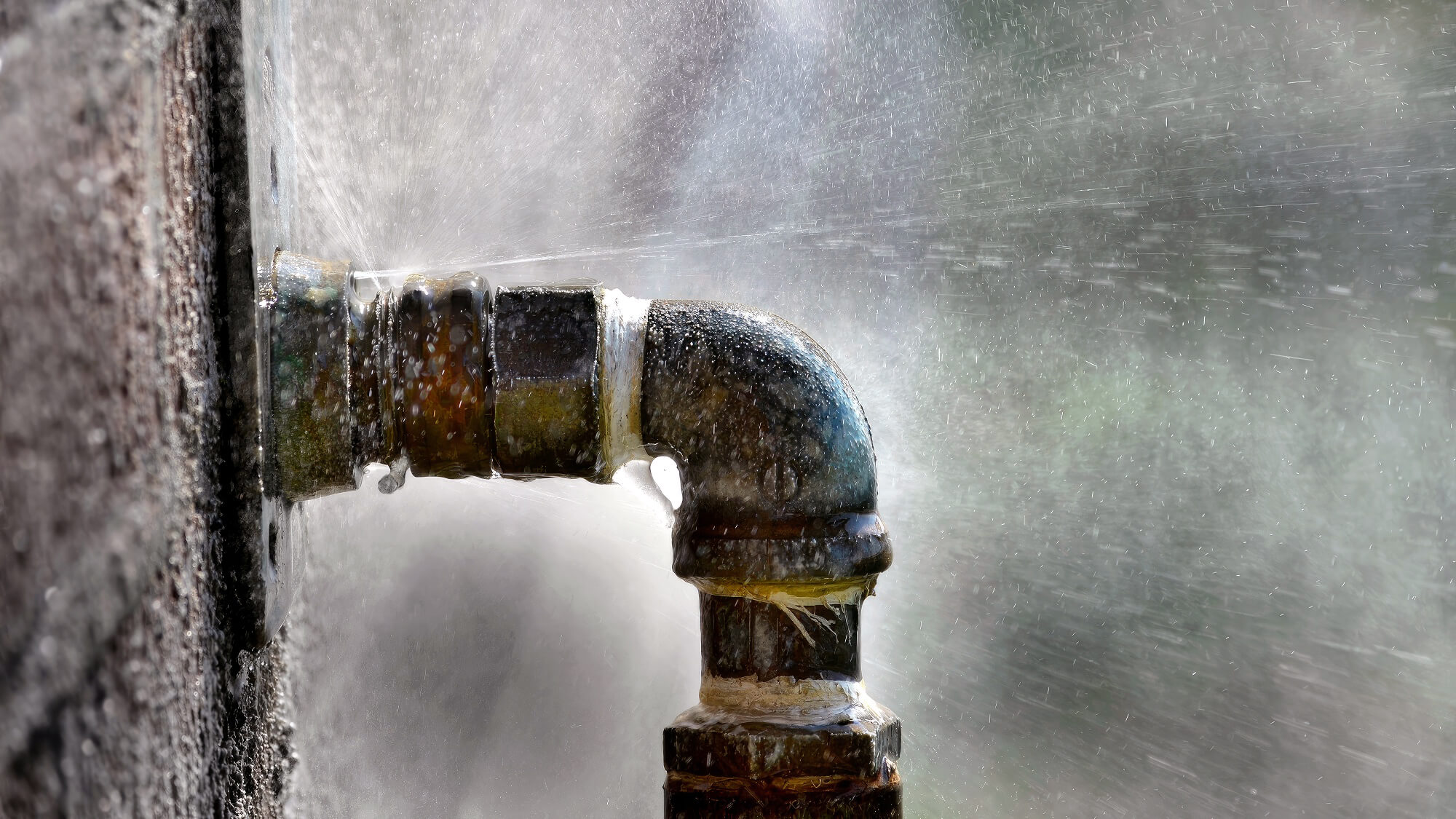
One of the reasons behind leaking pipes is that the seal of your pipe joints may have loosened. For instance, washing machine hoses leak because of shaking during the spin cycle. Puddles forming around your washing machine leaks or other appliances is a tell-tale sign of supply line leaks.
When water gushes out at high speed from the pipes, it strains them excessively, damaging the connecting pipes. Faucets and pipes can withstand only a certain amount of pressure. When the water flow increases, cracks develop on the pipes, leading to leaks.
Seals are usually found around the dishwasher door or water connectors. With regular usage, these seals loosen or start wearing out and eventually break. Broken seals are easy to identify– all you need to do is look for puddles or condensation on your appliance to know whether the seal is broken.
Blockages in pipes occur when there’s a build-up of grease, vegetable peels, leftover food or other foreign materials. Clogged lines call for immediate attention or can lead to burst pipes, damaging your property’s foundations.
Did you know the trees in your backyard could be responsible for a water leak in your home? Tree roots sometimes enter the pipelines, allowing water to flow into the lawn. A sudden drop in water pressure or new wet patches in your garden indicates an intrusion of tree roots in the water pipes.
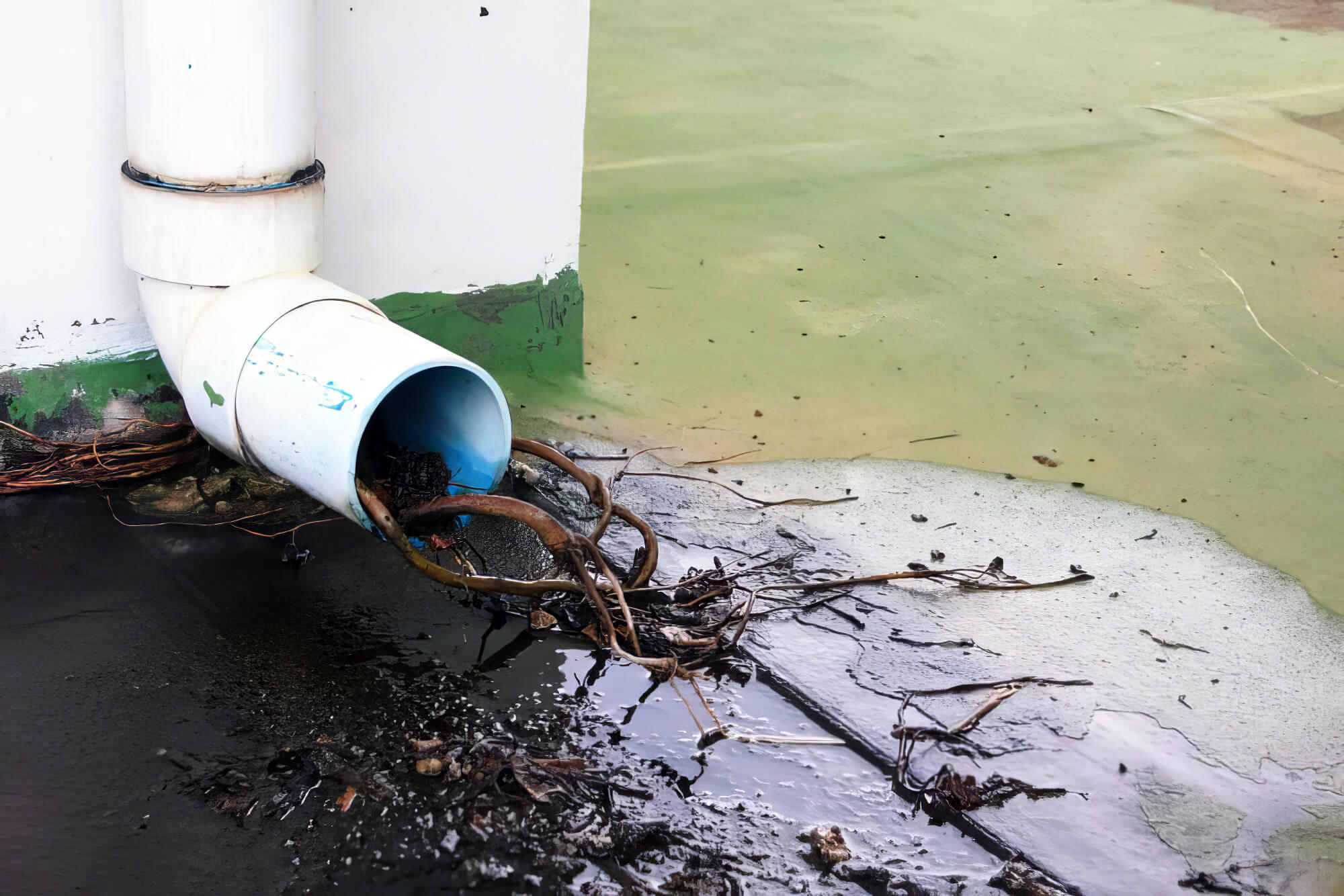
Sudden temperature changes can cause the pipe to expand or contract, possibly developing cracks. Cracks, developed due to expansion and contraction, will lead to water leaks or cause your pipes to burst.
As your plumbing system ages, corrosion can damage the pipes, and they will eventually start leaking. One of the first signs of corroded pipes is warping or discolouration, and you mustn’t delay calling a plumber.
If your system is too old, replacing the pipes will make sense instead of repair. Though you will have to shell out a few extra dollars, remember it will save the foundations of your property from damage.
Your pipes will also corrode if hard water flows through them because the minerals found in such waters break down the metal in the water pipes.
If water heaters are under excessive pressure, they are likely to leak. Pressure creates steam in the heaters, which causes cracks in the appliance. Excessive pressure also causes some parts to loosen, and water leaks from the unit.
Increasing water bills isn’t the only issue with leaking taps, faucets, or pipes. Water leaks can lead to mould growth and cause irreversible damage to your property. For this reason, you should never ignore a water leak, no matter how insignificant it appears.
Leaks that aren’t visible to the naked eye cause more damage than those that are. In such cases, a water meter or a thermal imaging camera will be handy, as it can detect leaking pipes hidden behind the walls.
Be it mixer taps, showerheads, bathtubs, or kitchen sinks—no matter what leaks, calling a plumber is the best bet. Please refrain from taking the DIY route regarding plumbing, or you will do more harm than good.
If you believe you have a water leak or have noticed an increase in your water bill, speak to our Gold Coast plumbers. We offer unbeatable leak detection and repair solutions for all your plumbing problems and can provide maintenance tips to prevent future leaks!